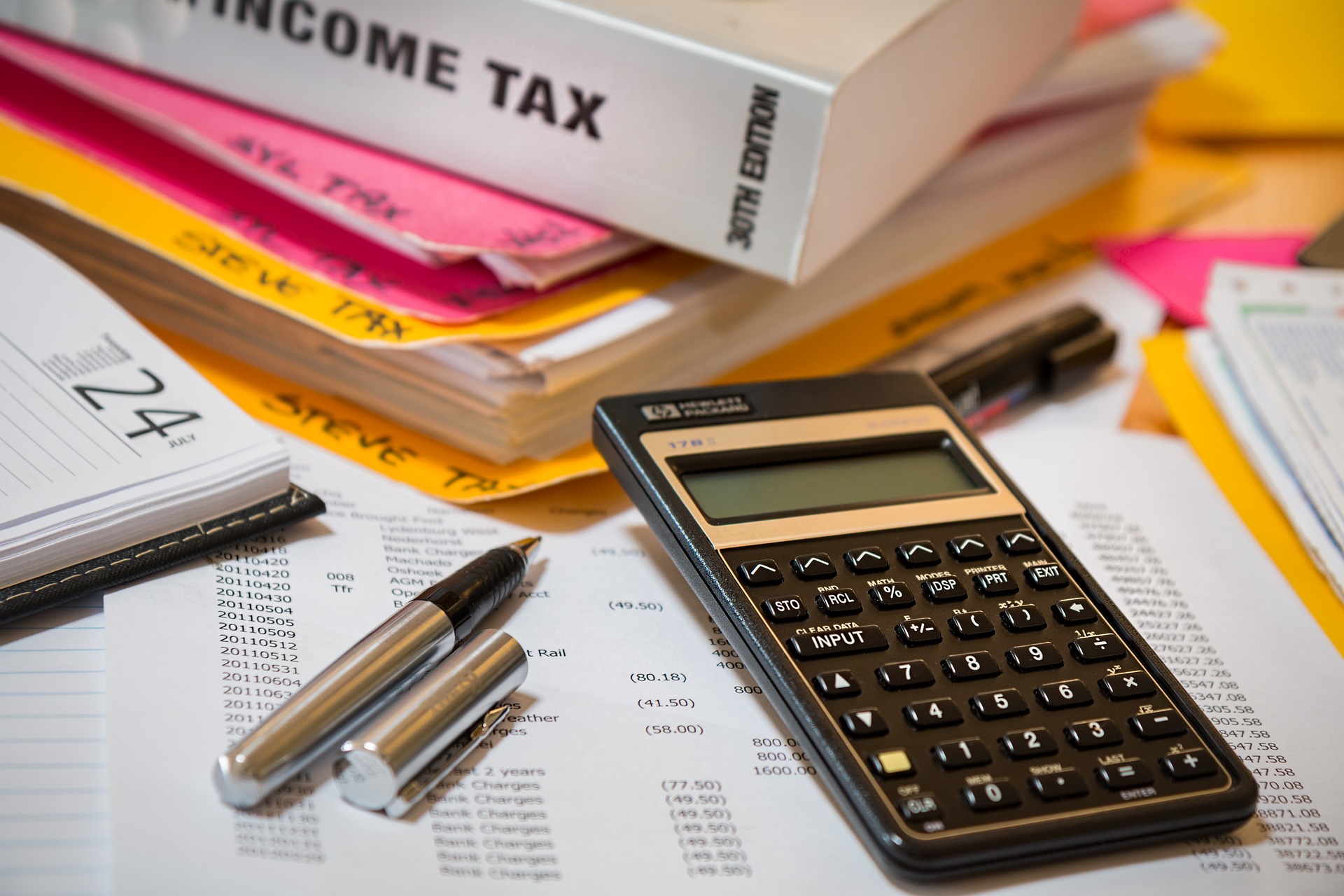The government promised a Federal Budget that would build “stronger foundations for a better future” – but how will it impact you? We’re breaking down all of the budget announcements below.
Expanding the Home Guarantee Scheme
Siblings, friends and other family members will be able to use the Government’s first home buyer programs together to boost participation. The expanded eligibility will allow any 2 eligible people to be joint applicants for a guarantee. This includes the First Home Guarantee, the Regional First Home Guarantee and the Family Home Guarantee.
The Home Guarantee Scheme will also be extended to people who have not owned a house in the past 10 years. Read more about these schemes in our recent post here.
Social security and families
Increasing income support payments as of 20 September 2023 (proposed date). The Government will increase working age and student payments by $40 per fortnight.
Also, JSP recipients aged 55 and over (currently 60 years) who have been on payment for 9 continuous months will receive the higher maximum rate of $761.30.
Increasing help for renters
The maximum rate of Rent Assistance (RA) will increase by 15%. This means a single person with no dependent children currently receiving the maximum RA payment of $157.20 per fortnight will start to receive $180.80, as well as their income support payment. (Proposed start date September 20, 2023)
Expanding access to Parenting Payment (single)
Eligible single parents will now receive the Parenting Payment (single) until their youngest child turns 14, up from 8 years old. It will make these single parents $176.90 per fortnight better off rather than transferring to the JobSeeker Payment. (Proposed start date September 20, 2023)
Reducing energy bills
Eligible households will receive a rebate of $500 per year and eligible small businesses $650 per year on their power bills. (Proposed start, 2023-24 for two years)
Reducing health costs
The Government will invest $3.5 billion over five years to triple the bulk billing incentive for GP consultations for children under 16 and Commonwealth concession card holders. (Proposed start over 5 years from 2022-23)
Superannuation
Introducing payday super 1 July 2026. Employers will need to make super contributions on the same day as they pay their employees’ salary and wages. Currently they only need to contribute to super once a quarter. The Government estimates this would increase the retirement savings of a 25-year-old median wage earner by $6,000.
Increasing tax on earnings on Superannuation balances over $3 million
The Government is reducing super tax concessions for people whose total balance exceeds $3 million, bringing the headline tax rate to 30% (up from 15%). The higher tax rate is only payable on earnings corresponding to the proportion of a person’s super that is greater than $3 million. (Proposed start 1 July 2025)
Aged care
(Proposed start date 2022-23 and over the next 5 years)
The Government is providing extra funding to:
- increase the pay of many aged care workers by 15%
- provide an extra 9,500 Home Care packages
- continue COVID-19 measures
- strengthen regulation
- postpone the new ‘Support at home Program’ and extend grant arrangements for the ‘Commonwealth Home support Programme’ for a further 12 months.
Small Business
The Government will improve cash flow for small businesses by temporarily increasing the instant asset write-off threshold to $20,000 for businesses with an aggregated annual turnover of less than $10 million. (Proposed start date 1 July 2023 to 20 June 2024)
Tax
Increasing Medicare Levy low-income thresholds (Proposed start date 1 July 2022) Low-income taxpayers will generally continue to be exempt.
- Singles will be increased from $23,365 to $24,276
- Families will be increased from $39,402 to $40,939
- Single seniors and pensioners will be increased from $36,925 to $38,365, and
- Families (seniors and pensioners) will be increased from $51,401 to $53,406.
For each dependent child or student, the family income thresholds increase by a further $3,760




